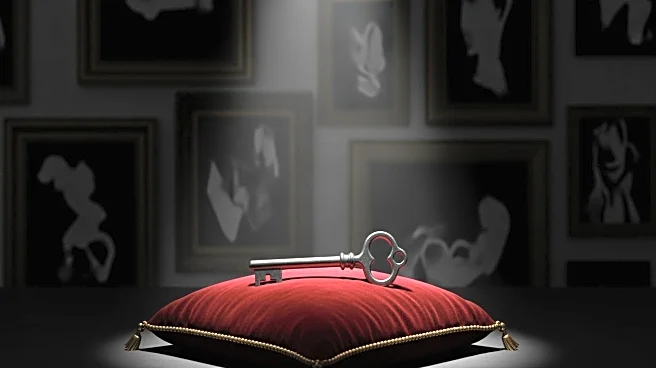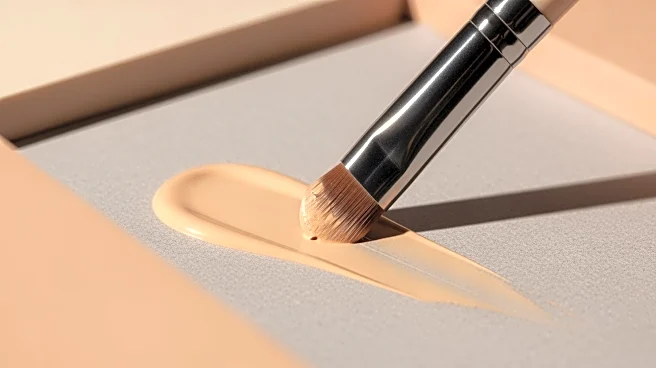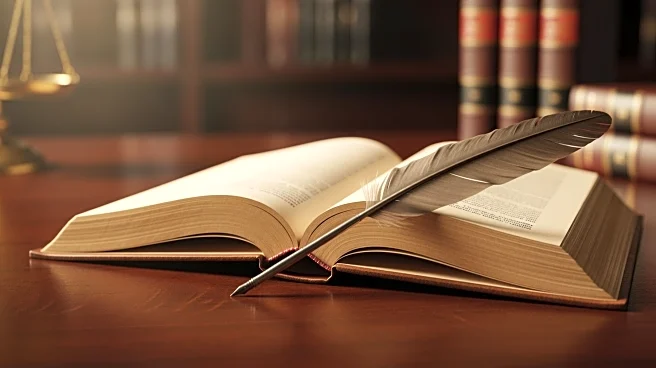What's Happening?
The death of Chinese actor Yu Menglong has taken a controversial turn with claims suggesting a connection to the Beijing Art Museum. Yu Menglong died on September 11, 2025, after reportedly falling from a building in Beijing. While authorities have ruled
the death as accidental due to intoxication, reports indicate that his remains were preserved in a restricted cold-storage area at the Qihai Art Museum. Allegations suggest that Yu's body was treated with formalin and could be undergoing biological plastination, a process used in the anatomy and exhibition industries. These claims have fueled further speculation and public demand for a thorough investigation into the circumstances surrounding Yu's death.
Why It's Important?
The claims of a connection between Yu Menglong's death and the Beijing Art Museum highlight the broader issues of transparency and accountability within the political and entertainment spheres. The allegations, though unverified, underscore the need for thorough investigations into the practices and power dynamics within these industries. This case could lead to increased pressure on authorities to address potential exploitation and misconduct, impacting public policy and industry standards. The situation also reflects the power of social media in driving public discourse and demanding justice, potentially influencing how similar cases are handled in the future.
What's Next?
As the controversy surrounding Yu Menglong's death continues, there may be calls for formal investigations into the allegations of a connection to the Beijing Art Museum. The public demand for accountability could lead to legal actions or policy changes aimed at protecting individuals and ensuring transparency. Additionally, the case may prompt other figures to come forward with information, potentially leading to broader reforms. The international attention on the case could also influence diplomatic relations, particularly if foreign entities become involved in advocating for justice.
Beyond the Headlines
The allegations of a connection to the Beijing Art Museum raise ethical questions about the treatment of individuals and the power dynamics within political and entertainment spheres. The case highlights the potential for exploitation and abuse, prompting discussions on the need for protective measures and industry reforms. The situation also underscores the role of public advocacy and social media in driving change, reflecting a shift towards greater accountability and transparency in high-profile cases.
















